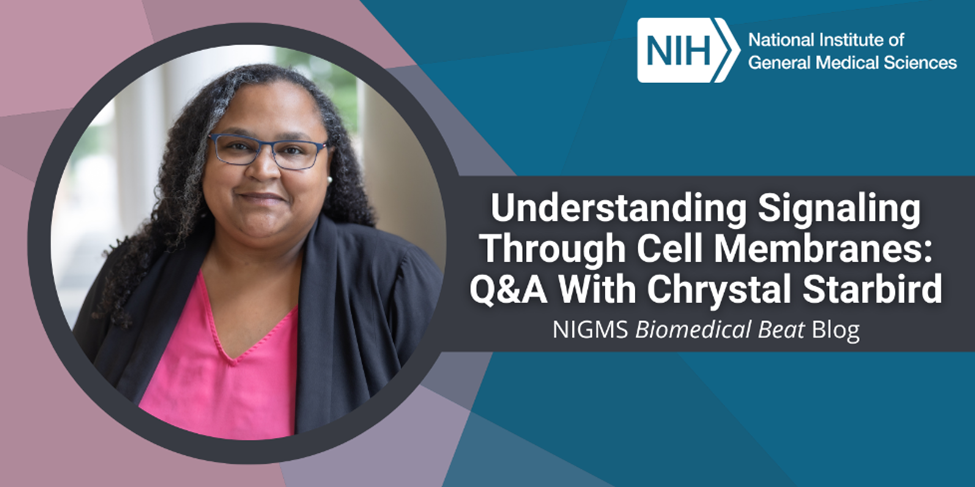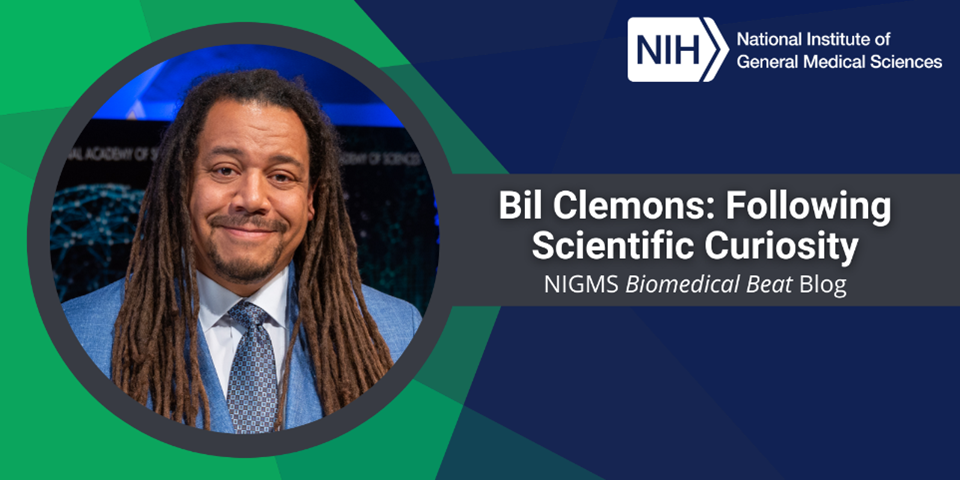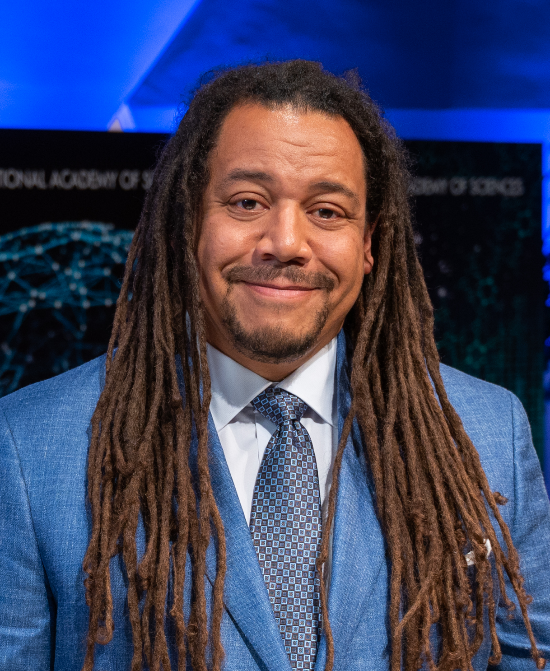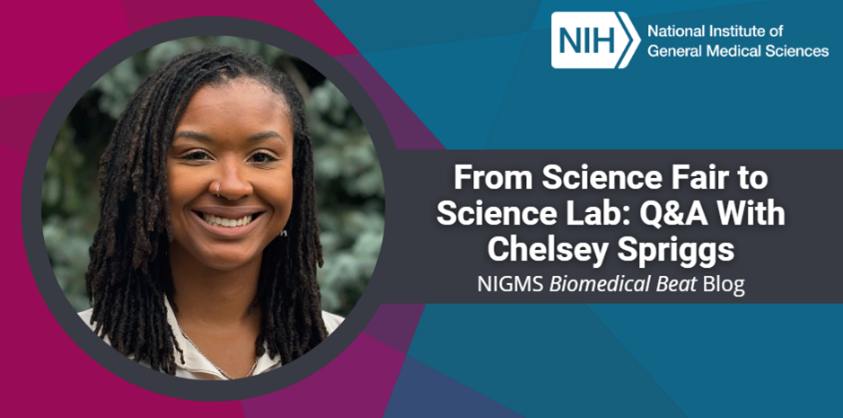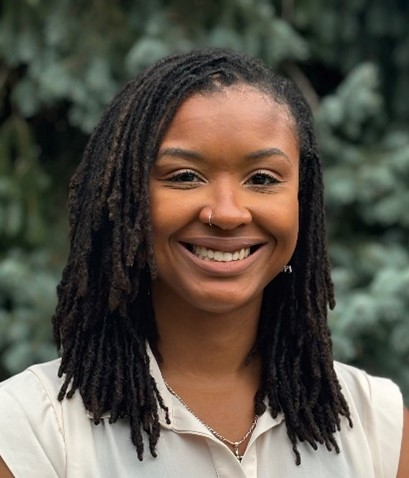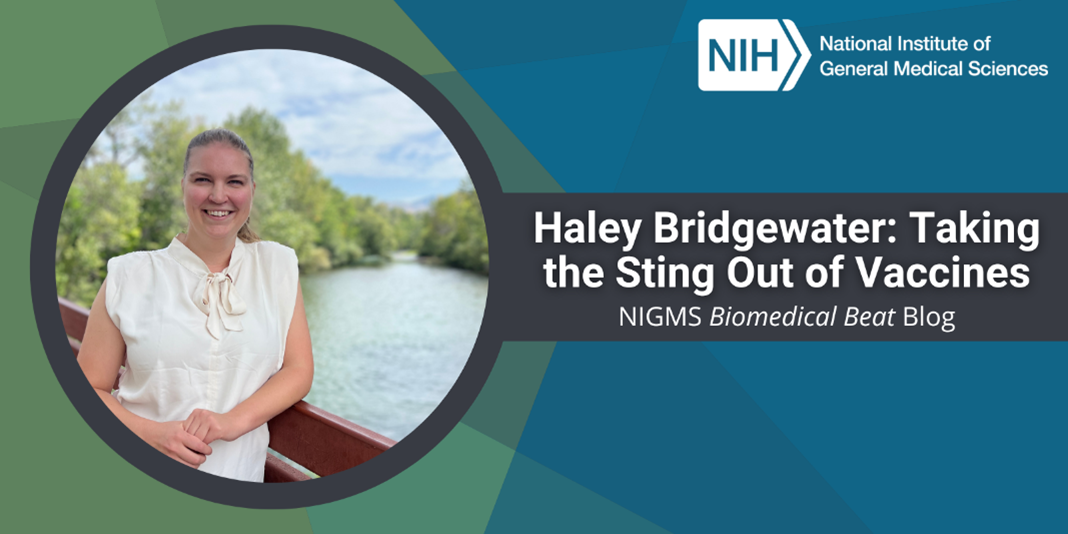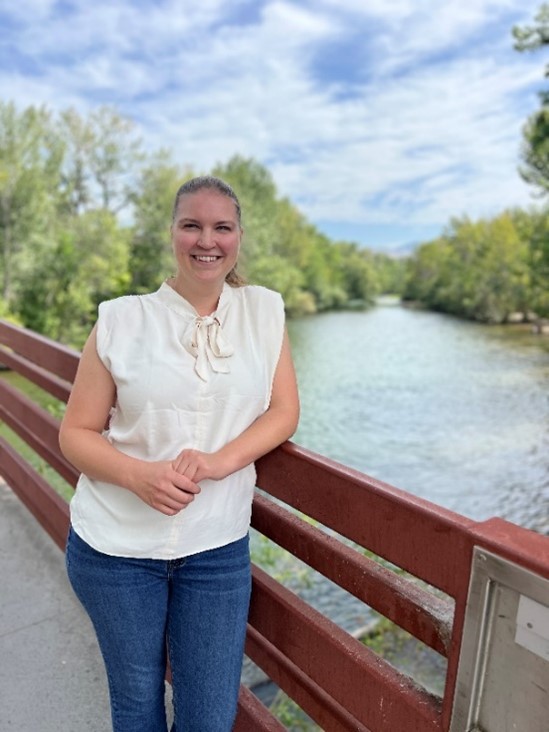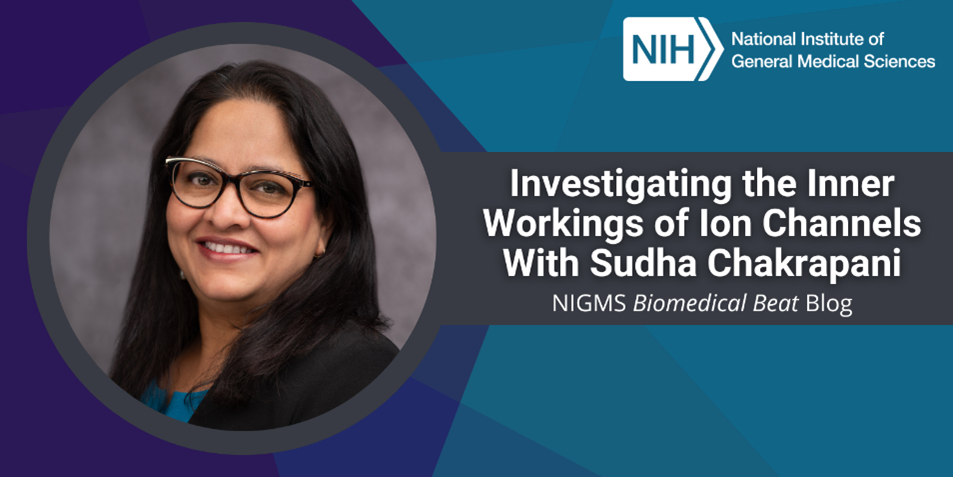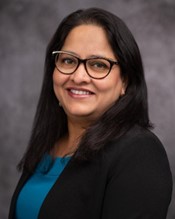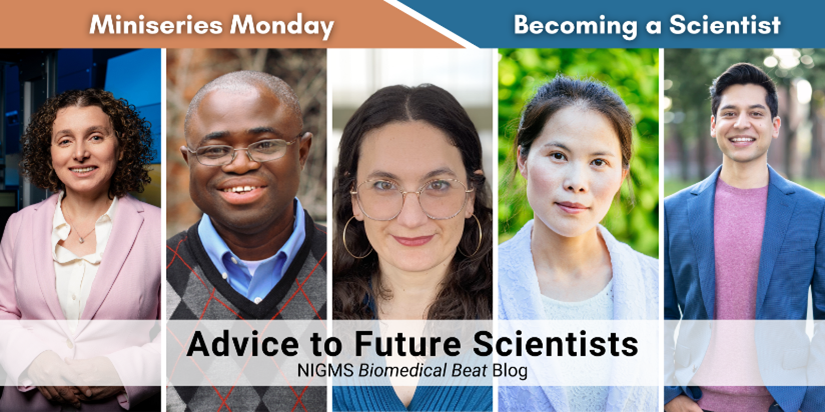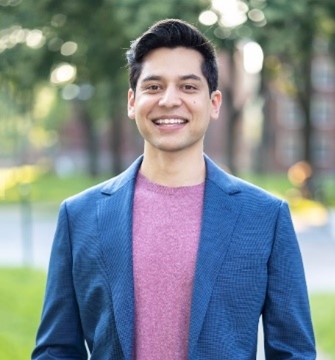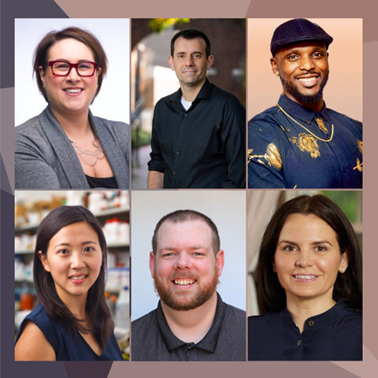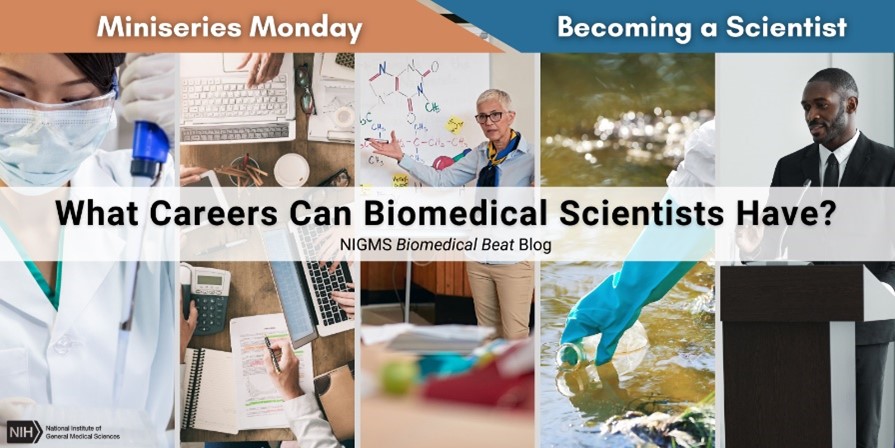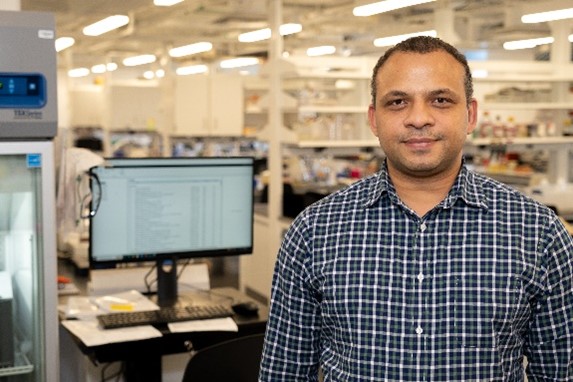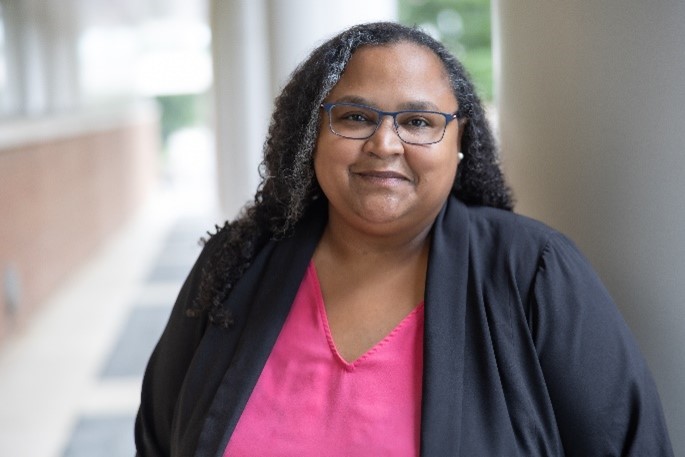
“Science involves constantly learning new techniques, technologies, and equipment so you’re always on the edge of your seat,” says Chrystal Starbird, Ph.D., an assistant professor of biochemistry and biophysics at the University of North Carolina (UNC) in Chapel Hill. We talked with Dr. Starbird about her journey toward becoming a scientist, the support she received from NIGMS training programs, her research on receptor tyrosine kinases (RTKs), and her advocacy for science trainees.
Get to Know Dr. Starbird
- Books or movies? Movies
- Favorite music genre? Rap
- Salty or sweet? Salty
- Early bird or night owl? Early bird
- Washing glassware in the lab or dishes in your kitchen? Neither
- Childhood dream job? Basketball player
- Favorite lab tradition? Cleaning day followed by a week off
- Favorite lab technique? Freezing crystals
- Favorite lab tool? Stereoscope
- A scientist (past or present) you’d like to meet? Herman Branson (who discovered the alpha helix, a common structure found in proteins)


